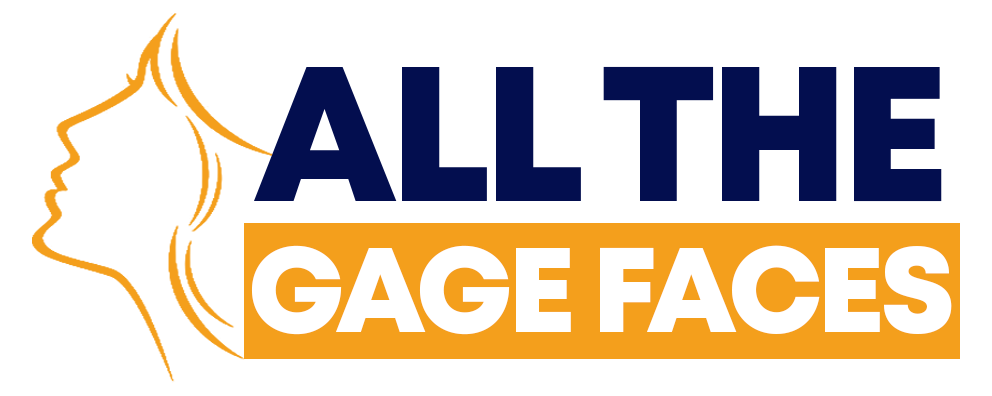Regulators must impose strict regulations for organisations given the rise in criminal activity, data breaches, and document frauds. To improve security, businesses must stay current on current rules and regulations. Adopting dynamic Know Your Customer (KYC) and acknowledging document verification criteria is a successful business approach. These standards assist businesses in following laws and reducing the danger of fraud and money laundering.
This blog examines how automated identity verification of documents may be utilised effectively and covers all the various use scenarios.
1. Financial Services
Automated document attestation has become a crucial component of the financial services sector today. Its significance lies in reducing the possibility of ID-related scams and preventing industries from paying significant fines for non-compliance. The industry can guarantee the security of thorough transactions using this technology, which improves the client experience. Typically, the following entities use an automated identification document verification solution.
- Lenders
- Conventional Banks
- Cryptocurrency
- Wealth Management Companies
- Credit Card Firms
- Investment Platforms
- Brokerages
- Foreign Exchanges
- Payment Providers
- Insurance Enterprises
- Remittances
2. Retail and E-commerce
E-commerce has come to be the area that fraudsters may manipulate the most. It demonstrates creative ways to obtain crucial client information and commit fraudulent acts. The most prevalent scams that affect this department are those involving identity theft. Despite security safeguards, e-commerce businesses confront significant difficulties in identifying their customers.
Organisations need a strong identity document validation system that can catch fraudulent IDs to tackle this problem. Additionally, people frequently leave websites without making transactions because they lack trust.
Organisations can increase client trust and eliminate cart abandonment by adopting a suitable ID verification system. Additionally, organisations that prioritise stopping identity fraud see an instant improvement in their reputation. Retail establishments and e-commerce effectively reduce fraud by empowering identification verification attestation. Additionally, it increases income by swiftly confirming user identity, giving businesses the confidence to accept real customers.
3. Healthcare
Another important sector where online identity verification is essential is the healthcare sector. Due to the rapid globalisation of the healthcare sector brought on by technological advancements, the organisation must manage various risks, such as identity theft and data breaches.
These dangers ultimately result in unauthorised access to patient medical records, which causes errors in diagnosing and administering life-threatening drugs. By requiring digital verification of documents, healthcare organisations can deliver services more effectively. Healthcare organisations can expedite processes, protect patient information, and lower costs by using an online identification.
Healthcare businesses can operate more efficiently by using automated identity document verification because it enables them to
- By confirming the patient’s identification, ensure HIPAA compliance.
- Distribute prescription drugs more easily by using a planned method.
- Enable remote onboarding of patients.
- Prevent incorrect updates, transfers, or releases of medical records.
- Mitigate financial losses caused by fraudulent claims and invoices.
4. Government
Due to fabricated unemployment claims, the United States has lost $200 billion in money since March 2020. The main cause of this terrible predicament is identity theft, as con artists use stolen identities from data breaches.
Government organisations utilise identification document verification tools to spot this problem and enable safe and quick service delivery while protecting sensitive personal data from exposure. Online identification document validation is essential for many government services, including
- Communications
- Voting
- Healthcare Programmes
- Business Registration
- Employment Programs
- Payments
- Surveys
- Applications
- Taxes
5. Education
The Covid-19 pandemic forced educational organisations and institutions to accelerate their digital transformation efforts and switch to online education. However, this change raises new worries about potential reputational harm and fraud. Educational institutions and schools can enact reliable identification document verification solutions to check the identities of online students to take these concerns into account. The following advantages result from this execution
- Cater to a different community of international students
- Sustain the visionary integrity of both the trainees and institutions
- Enhance the productivity and usefulness of student assistance services
The online ID document attestation approach delivers some perks to the education sector, such as.
● Proctoring Solutions
Verify the individuality of students before their online examination.
● Distance Education
They make sure that only documented students attend lectures.
● Continuing Education
Ensure that remote students execute proper accreditation for assignments.
● Higher Education Institutions
Provide new students with an efficient and streamlined registration process.
Conclusion
Verification of documents is essential for lowering the risk of fraud involving stolen identities and ensuring secure transactions. By establishing reliable identity verification methods, e-commerce and retail enterprises increase customer trust and reduce cart abandonment.
Digital document checking helps the healthcare sector streamline processes, adhere to rules, and protect patient data. To prevent fraud and protect sensitive information, government organisations typically rely on identification document authentication. Academic integrity is improved when educational institutions use identity verification tools to analyse the legitimacy of online audiences.

